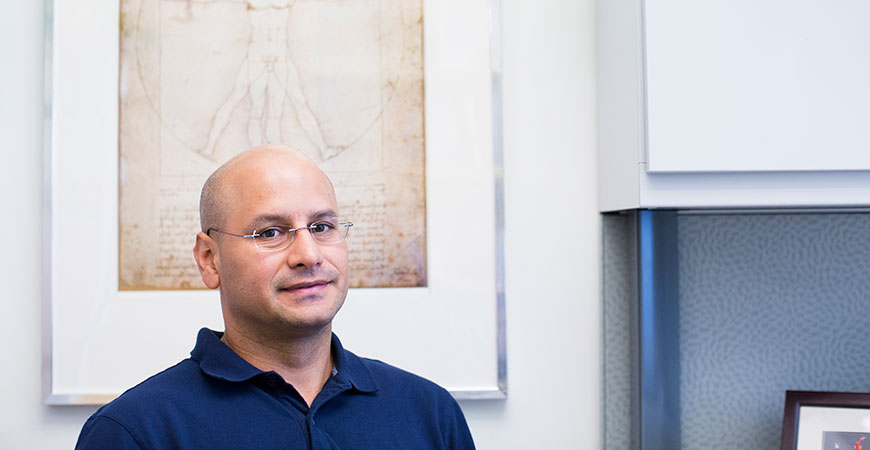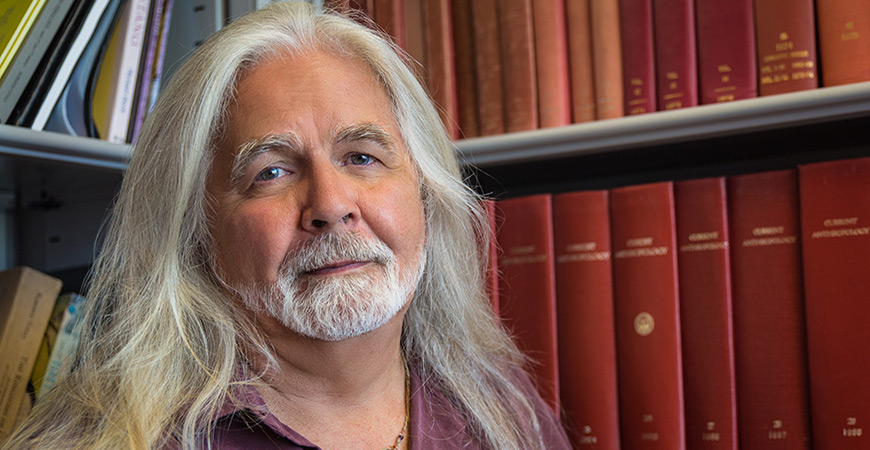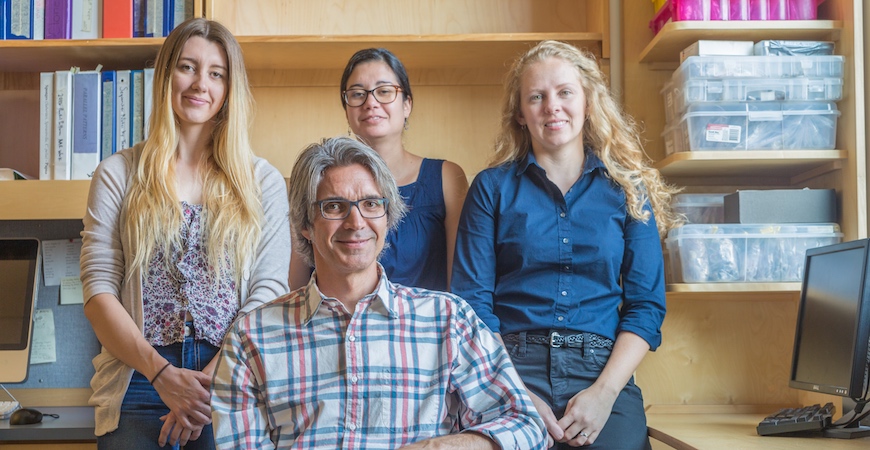The same cellular renewal that keeps our bodies healthy might also fuel the growth of cancer. A UC Merced biologist has found that the brain could hold the key to stopping it.
Professor Néstor Oviedo, a molecular and cell biologist and affiliate of the Health Sciences Research Institute,...












